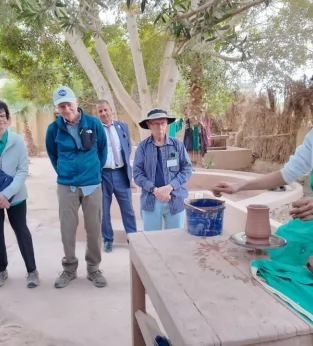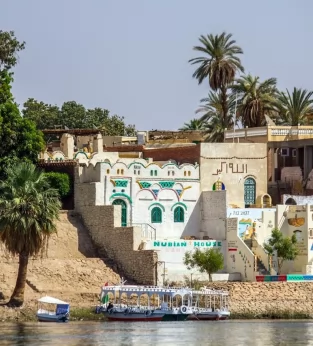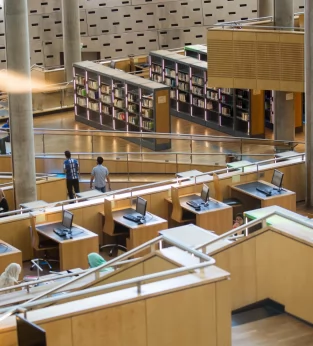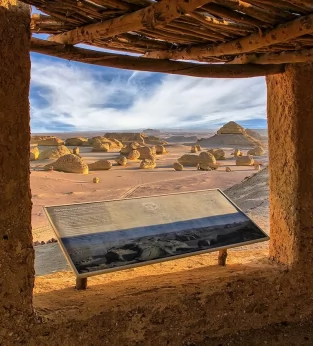Inside Egypt offers an exclusive and luxurious tour experience for visitors looking to explore the vibrant Khan El-Khalili Bazaar in Old Cairo. With a focus on providing extraordinary travel experiences, Inside Egypt ensures that every aspect of your Cairo bazaar tour is meticulously planned and executed to offer a memorable and enriching adventure.
One of the key highlights of Inside Egypt's luxury tour is the presence of a competent and knowledgeable guide who brings the history, culture, and significance of this special bazaar to life. The guide not only provides insightful commentary but also ensures that visitors have a deep understanding of the bazaar's heritage and its importance in Cairo.
Moreover, Inside Egypt's tour leader plays a crucial role in overseeing the implementation of the tour itinerary and takes care of all the details to ensure a seamless and enjoyable experience for the tourists. From coordinating transportation through ensuring guests' safety to managing the itinerary, the tour leader makes sure that visitors can relax and immerse themselves in the beauty of the bazaar without any worries. The organization of the Cairo bazaar tour by Inside Egypt is top-notch, with meticulous attention to detail and a focus on providing a comfortable and hassle-free experience for all participants.
Visitors can expect well-planned schedules, efficient logistics, and a smooth flow of activities throughout the Cairo bazaar tour.
To enhance the overall experience, Inside Egypt also offers comfortable means of transport, allowing visitors to travel in style and convenience to and from the el-Khalili Bazaar. Whether it's a luxury vehicle or a private coach, guests can enjoy a pleasant journey to the Khan Khalili market in Cairo, setting the tone for a delightful day of exploration.
As part of the premium services, Inside Egypt includes an oriental meal at a renowned restaurant in the Cairo bazaar, known for its delicious Egyptian dishes. This culinary experience allows visitors to savor authentic flavors and indulge in the rich gastronomic heritage of Egypt, adding a delightful touch to the overall tour experience.
Inside Egypt's luxury tour of this famed bazaar in Cairo promises an extraordinary and high-quality travel experience for visitors seeking to delve into the heart of Old Cairo's bustling marketplace. With expert guides, attentive tour leaders, impeccable organization, comfortable transportation, and a culinary delight, this Cairo bazaar tour is designed to captivate and enchant travelers with the magic of the bazaar.
All our all-inclusive Egypt vacation packages include this exclusive Old Cairo bazaar tour.
Experience Egypt in an unrivaled way that brings you closer to its history and culture. Book your Egypt group tour!
Photos of the El-Khalili Bazaar

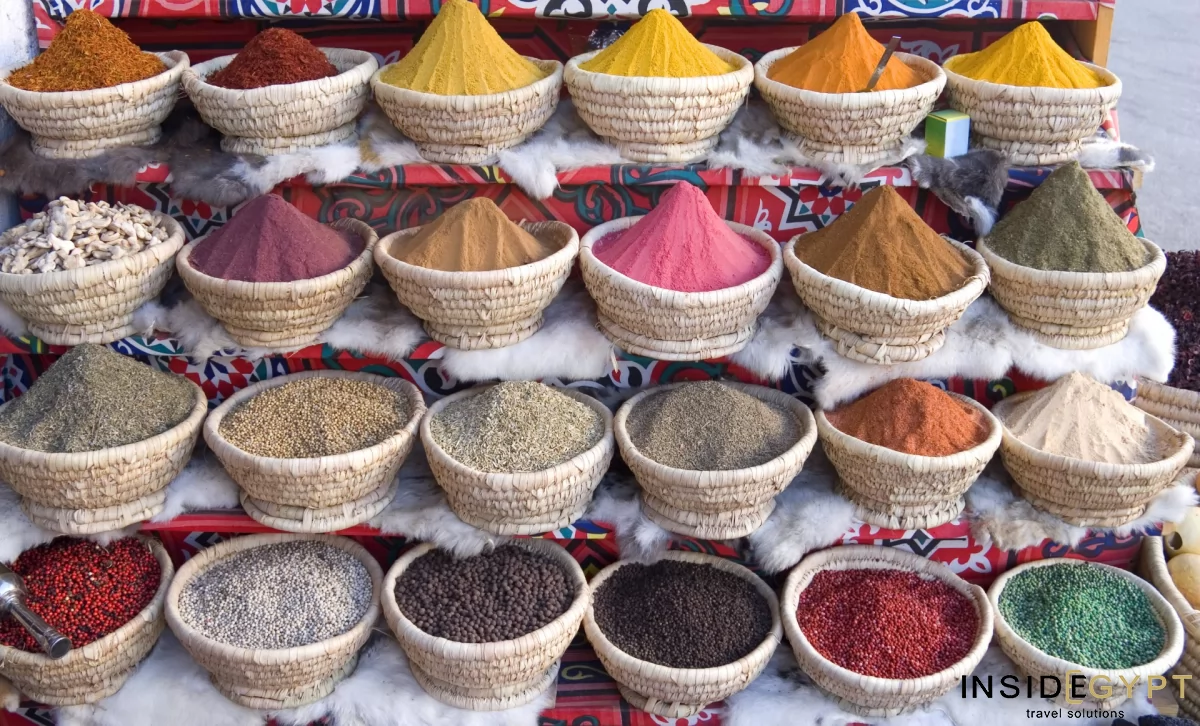

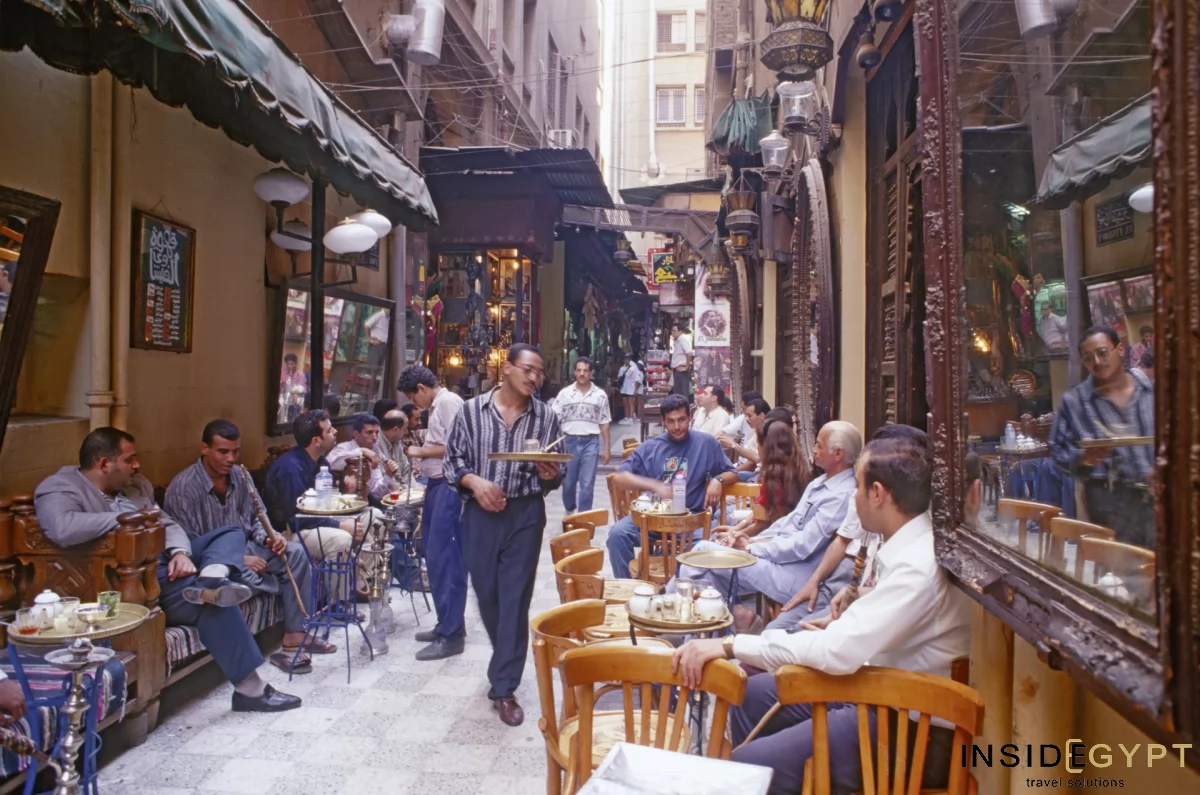
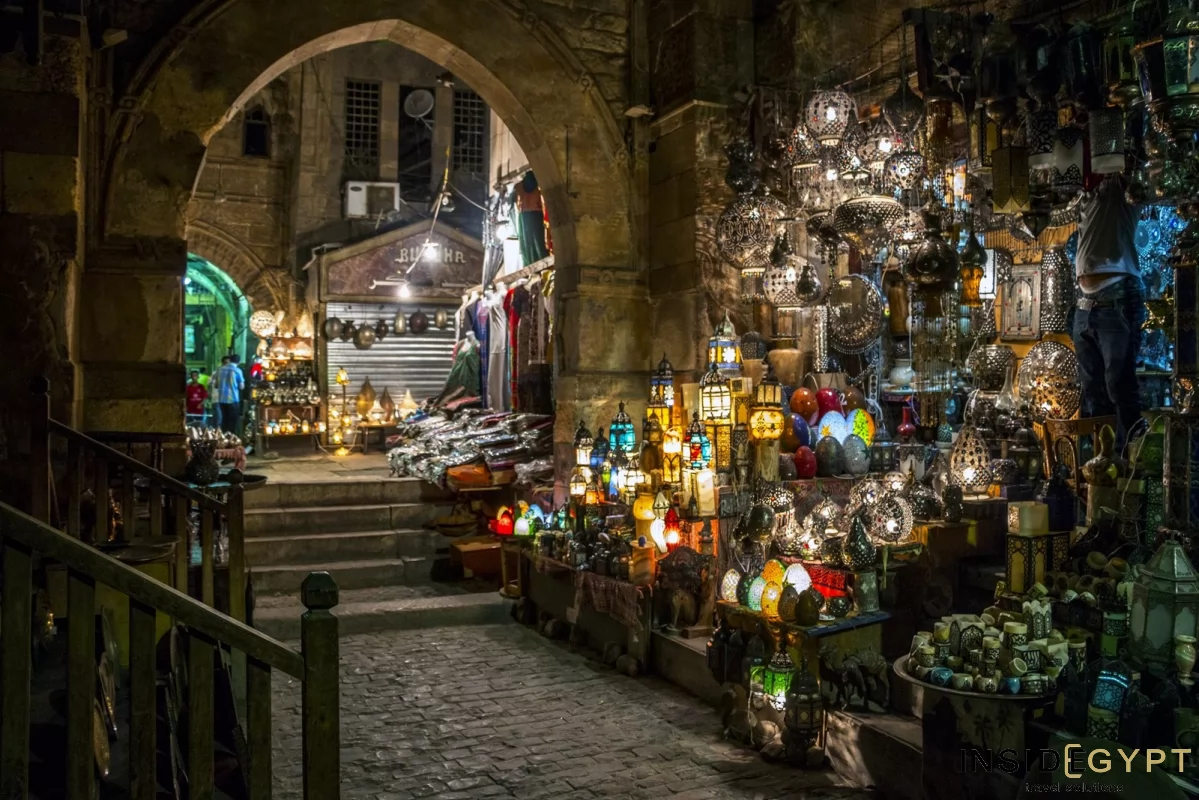
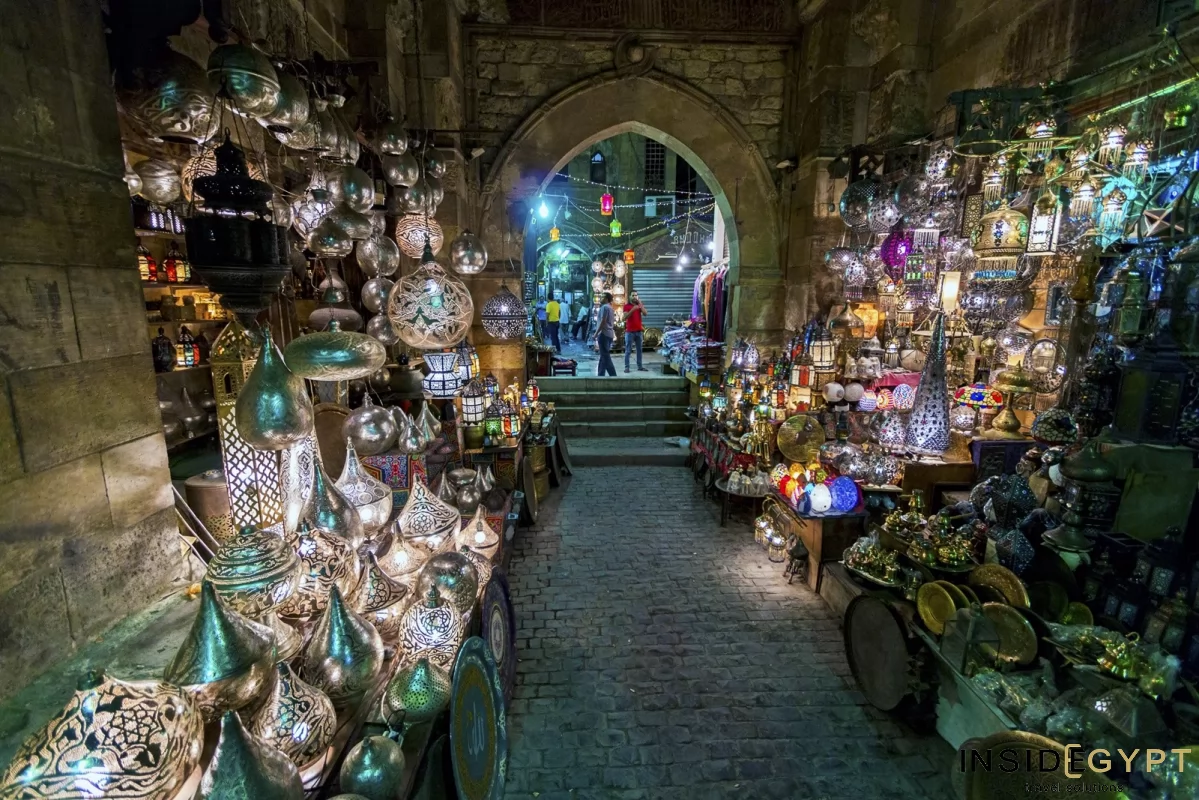
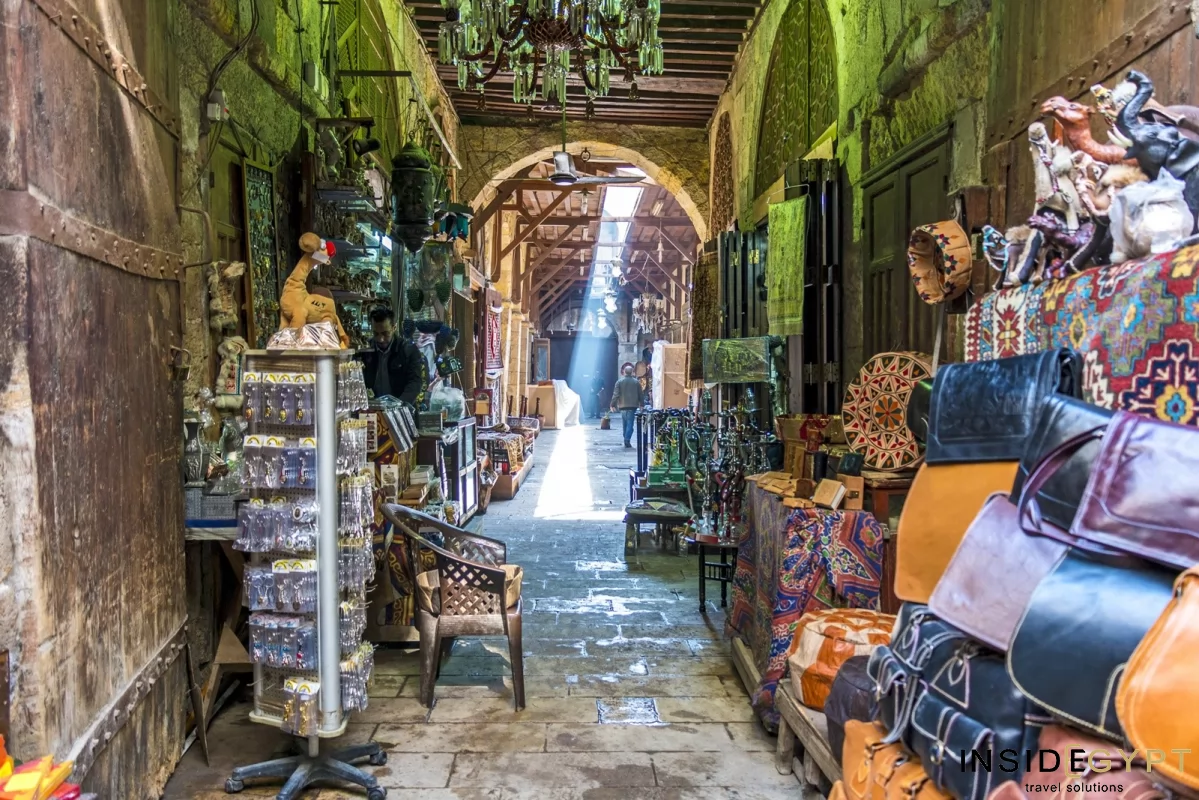
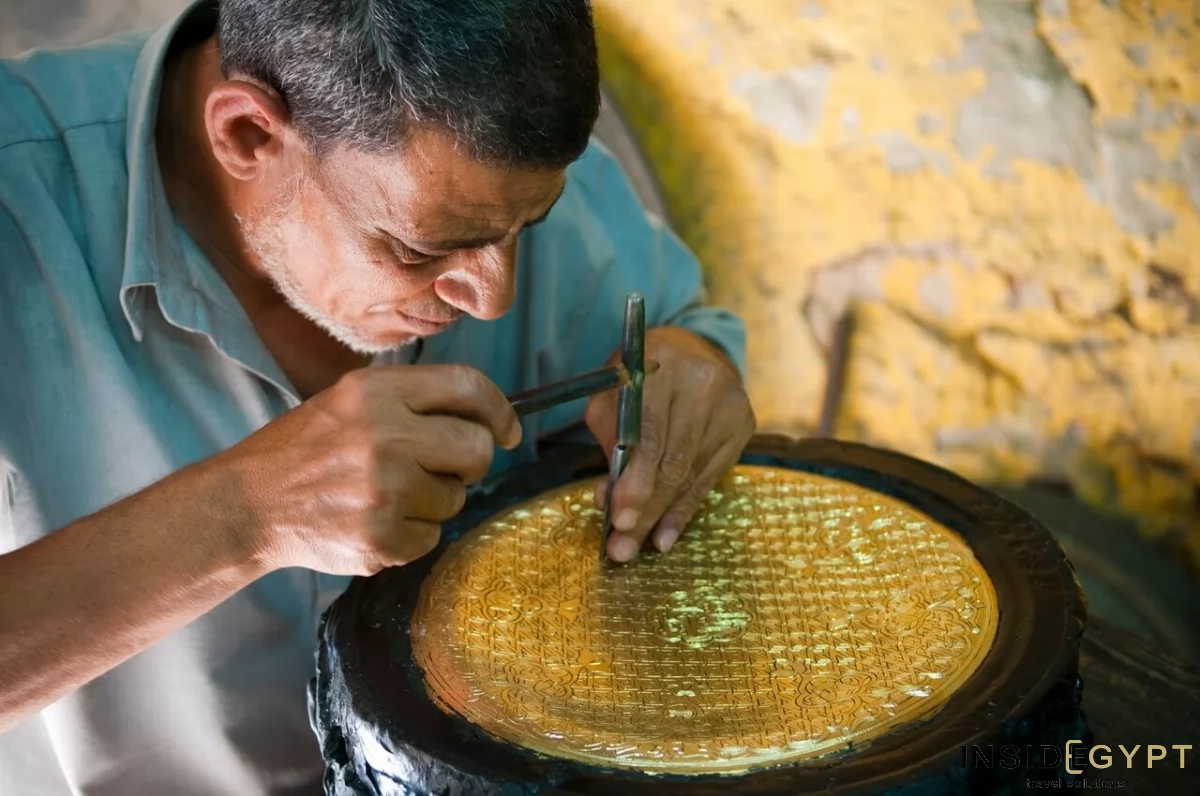
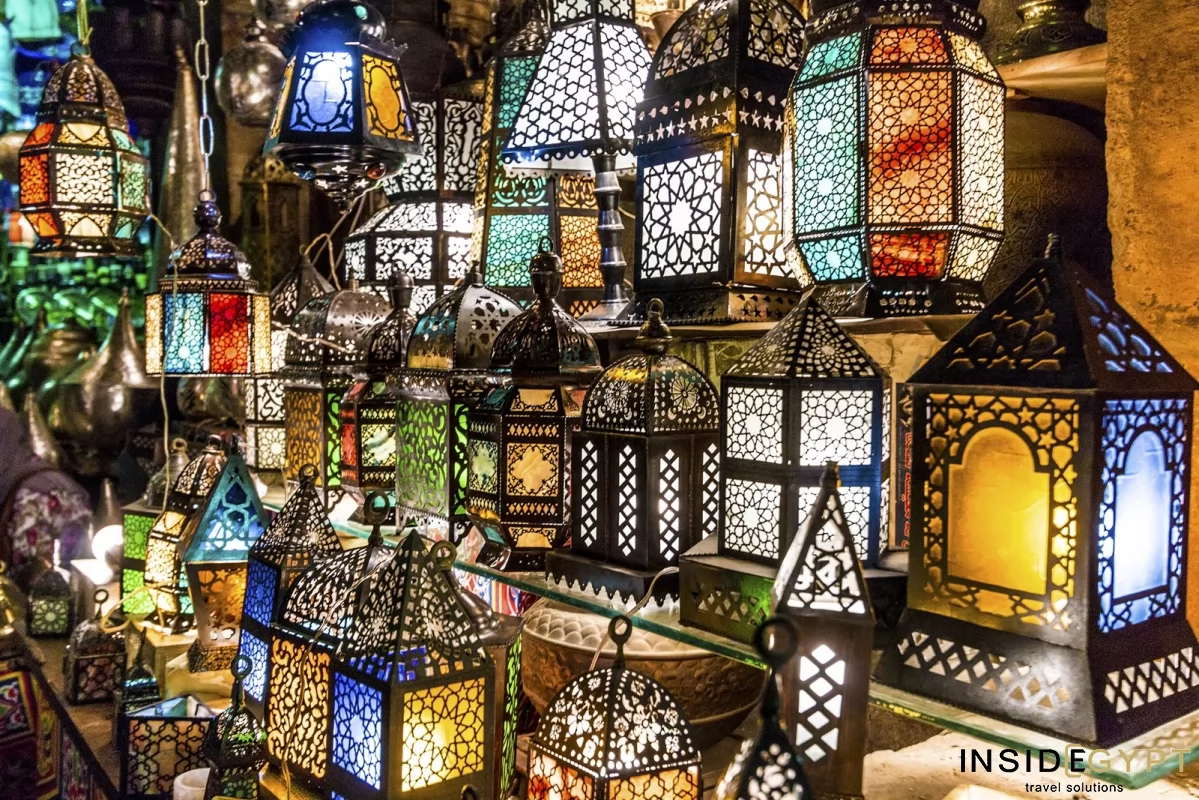
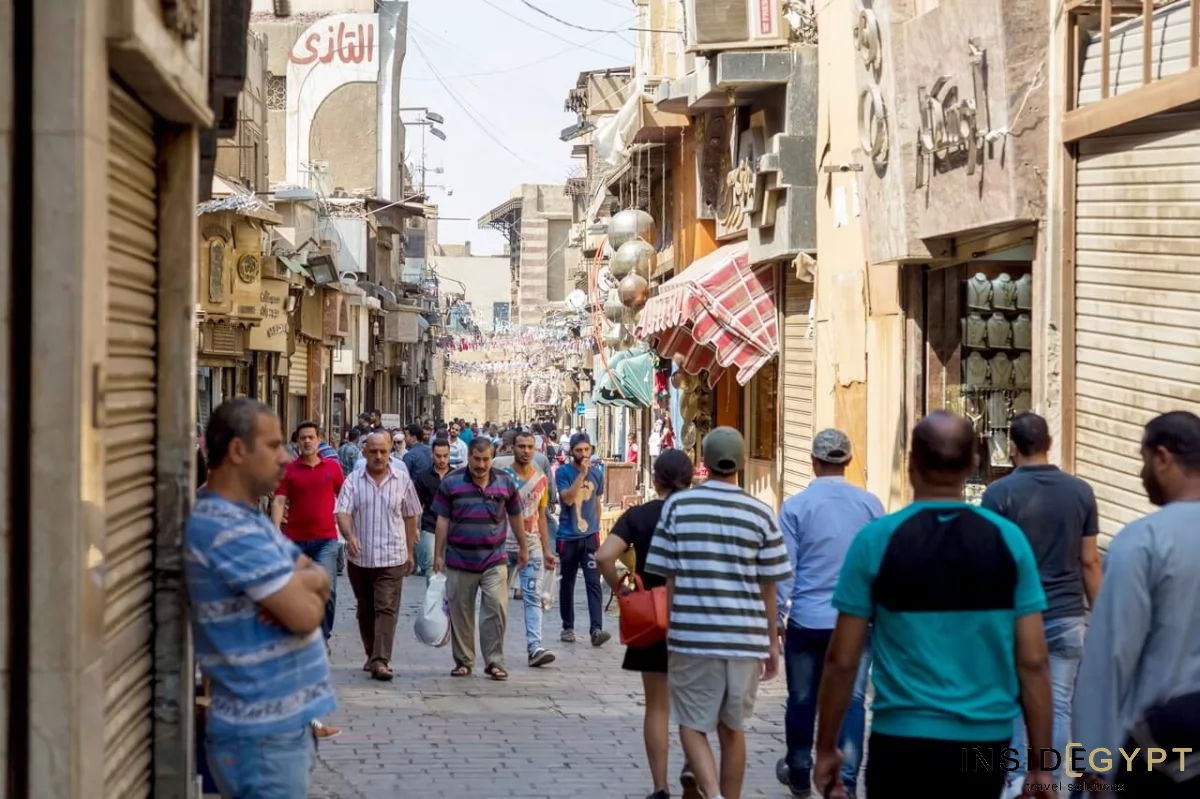
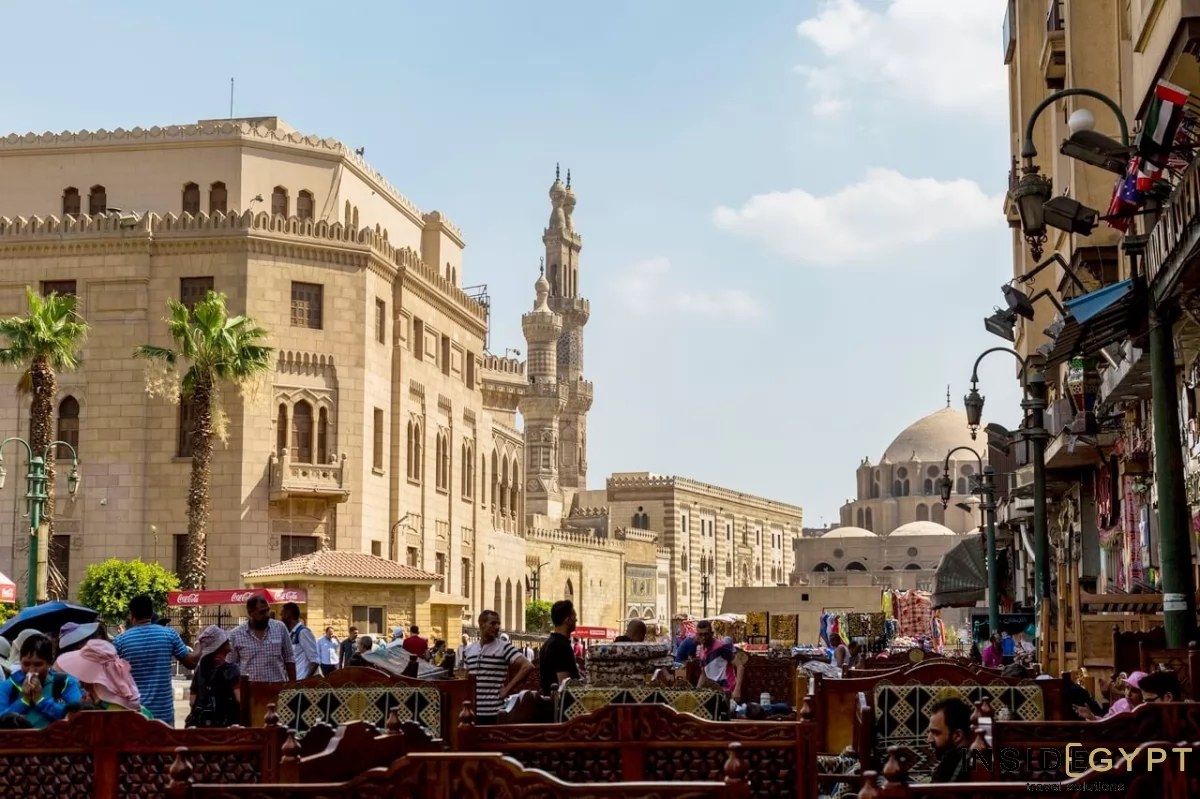
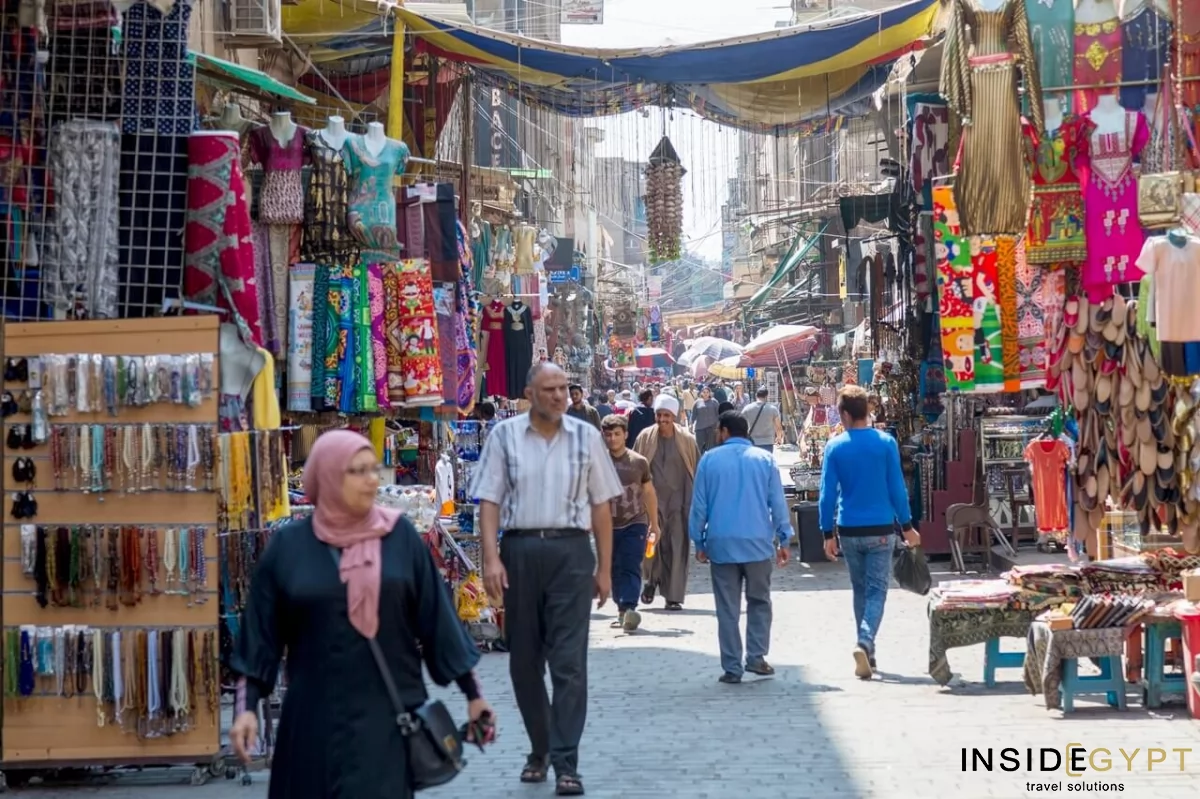
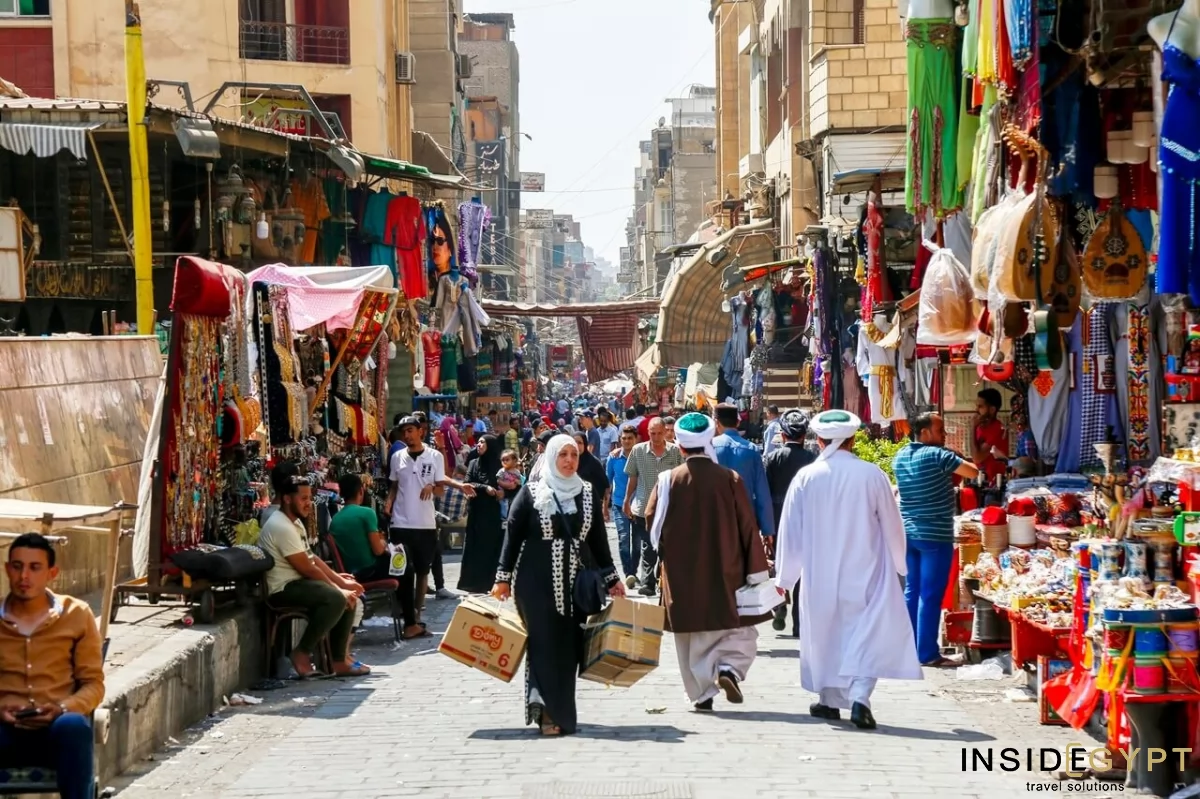
Discover Our Exclusive Egypt Tours
Tour Reviews
FAQs About the El-Khalili Bazaar in Cairo
What is the Old Cairo bazaar?
.webp)
This bazaar is a famous historical market located in the heart of Islamic Cairo, Egypt. It is one of the oldest and most well-known bazaars in the Middle East, dating back to the 14th century. The bazaar is named after Prince Jaharkas Al-Khalili, who was a powerful Mamluk prince during the 15th century. The origins of the Khan el-Khalili market can be traced back to the 14th century when it was established as a center for trading goods such as spices, perfumes, textiles, jewelry, and other traditional crafts. Over the centuries, the ancient bazaar has grown and expanded to become a bustling marketplace that attracts locals and tourists alike.
One of the key aspects of the Old Cairo bazaar's history is its role as a vital trading hub along the historic Silk Road, connecting Egypt to other parts of the Middle East, Africa, and Asia. The bazaar has served as a meeting point for merchants, travelers, and locals for centuries, contributing to Cairo's rich cultural heritage.
Today, this famed bazaar remains a vibrant and colorful marketplace where visitors can explore narrow alleys lined with shops selling a wide variety of goods, from traditional handicrafts and Egyptian souvenirs to modern items. The bazaar is also home to numerous cafes, restaurants, and street food vendors, offering visitors a taste of authentic Egyptian cuisine. In addition to its commercial significance, Old Cairo Bazaar holds cultural and historical importance for the city of Cairo. It is a place where traditional crafts and artisanal skills are preserved and passed down through generations, contributing to the preservation of Egypt's cultural heritage.
Bazaar Cairo in Egypt is not only a popular tourist destination but also a living testament to Cairo's rich history and vibrant culture. It continues to be a must-visit landmark for anyone looking to experience the sights, sounds, and flavors of traditional Egyptian markets.
When was the Khan el-Khalili Built?

Khan el-Khalili, a major souk (marketplace) in the historic center of Cairo, Egypt, was built in the 14th century during the reign of the Mamluk Sultan al-Nasir Muhammad (1293-1341). It was established in 1382 by Emir Djaharks el-Khalili, and it has since become one of the most famous and vibrant markets in the Middle East.
Over the centuries, this bazaar has evolved and expanded, serving as a hub for trade, commerce, and social interaction in Cairo. The market has played a significant role in the city's cultural landscape, attracting locals and tourists alike with its unique atmosphere, diverse array of goods, and traditional crafts.
Today, Khan el- Khalili market in Cairo remains a popular destination for visitors seeking to experience the rich history and culture of the capital of Egypt. It continues to be a bustling center of trade, offering a wide range of products such as spices, textiles, jewelry, souvenirs, and traditional handicrafts.
The market's historical significance lies in its architectural beauty, cultural heritage, and role as a symbol of Cairo's vibrant past. Khan el-Khalili stands as a testament to the city's enduring legacy as a center of commerce and culture in the region.
Where is the Khan el-Khalili Bazaar Located in Cairo?

Have you been wondering to yourself, “Where is the Khan el-Khalili in Cairo?” You will find the answer here. This El Khalili historic bazaar, also known as Khan el-Khalili, is located in the historic Islamic district of Cairo, Egypt. It is one of the oldest and most famous bazaars in the Middle East, dating back to the 14th century. This open-air bazaar is situated in the heart of Islamic Cairo, near the Hussein Mosque and the Al-Azhar Mosque.
To reach the Old Cairo Bazaar, visitors can use various modes of transportation. If you are staying in central Cairo, you can take a taxi or order an Uber and DiDi to reach the bazaar. The Cairo Metro also provides access to the area, with the closest station being Ataba station.
Navigating through the narrow streets of the bazaar can be a bit challenging due to the crowds and winding alleys. It's best to wear comfortable shoes and be prepared to bargain with vendors selling a variety of goods such as spices, textiles, jewelry, souvenirs, and more.
When visiting Khan el-Khalili in Cairo, it's advisable to keep an eye on your belongings, be respectful of local customs and traditions, and be prepared for a lively and bustling atmosphere. Enjoy exploring the vibrant marketplace and soaking in the sights, sounds, and scents of this historic treasure in Cairo.
What Should I Buy at the el-Khalili Market?
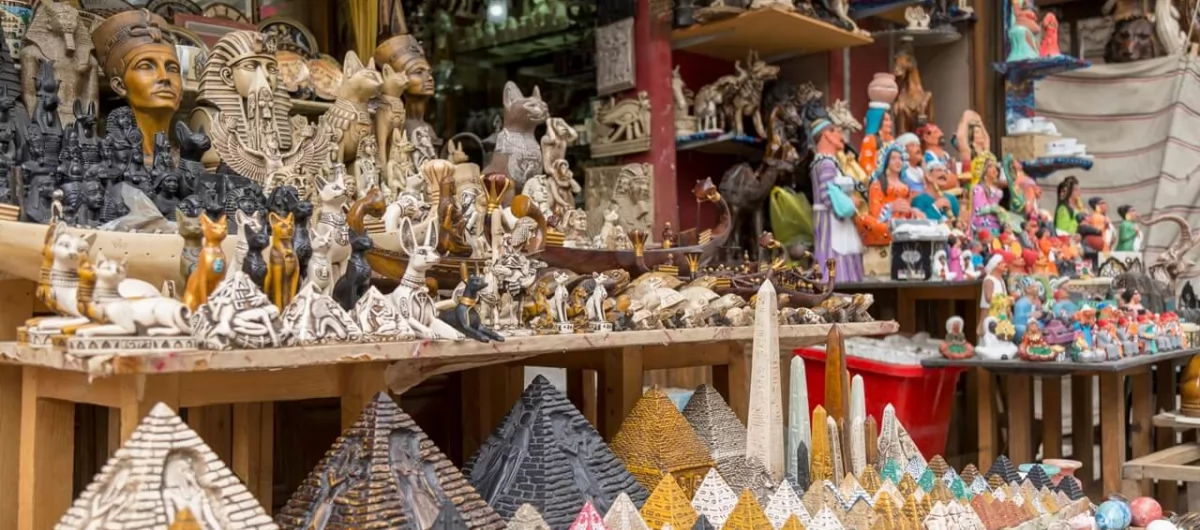
When visiting the Khan el-Khalili market in Cairo, Egypt, you will find many unique items to purchase. Here are some recommendations on what to buy:
Spices
Khan el-Khalili in Cairo is known for its vibrant spice stalls offering a variety of aromatic spices such as cumin, saffron, cardamom, and more. These make excellent souvenirs and can also be used in your cooking back home.
Handcrafted items
Look for intricately designed handcrafted items such as jewelry, glassware, metalwork, and ceramics. These items often reflect traditional Egyptian craftsmanship and make for beautiful keepsakes.
Papyrus art
Papyrus art is a unique Egyptian craft that involves painting on papyrus paper. You can find a range of artworks depicting scenes from ancient Egyptian history or colorful abstract designs.
Textiles
Egyptian cotton is world-renowned for its quality, so consider purchasing some Egyptian cotton textiles such as bed linens, towels, or scarves. You can also find traditional Egyptian clothing like galabeyas (long robes) at the market.
Perfumes and oils
Cairo's markets offers a variety of perfumes and essential oils, including fragrances like jasmine, sandalwood, and rose. These aromatic products are often sold in beautifully decorated bottles.
Antiques and trinkets
Keep an eye out for antique items and unique trinkets that capture the essence of Egyptian culture. From old coins to traditional instruments, you may stumble upon some fascinating finds.
Souvenirs
Don't forget to pick up some classic Egyptian souvenirs like small pyramids, camel figurines, or miniature replicas of famous Egyptian landmarks like the Sphinx or the Great Pyramid of Giza.
Remember to hone your bargaining skills as haggling is a common practice in markets like Khan el-Khalili. Enjoy your shopping experience and immerse yourself in the rich tapestry of Egyptian culture!
Are Bazaar Tours Safe in Cairo?
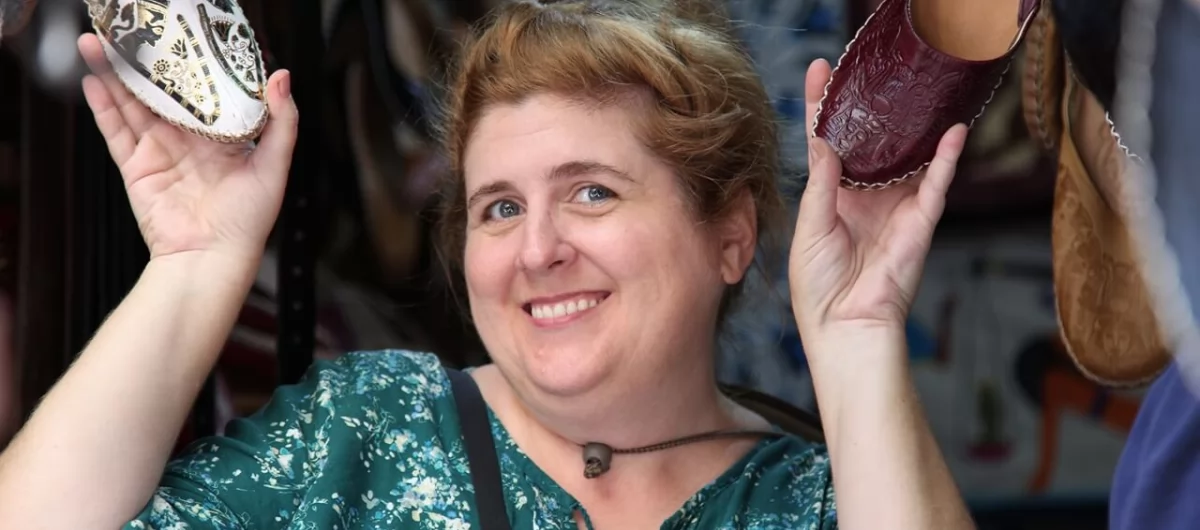
Visiting the Khan el-Khalili Bazaar on your tour can be a unique and exciting experience, but like any tourist destination, it's essential to consider safety concerns. While the area around the Egyptian Bazaar is generally safe for tourists during the day, it's essential to remain vigilant and aware of your surroundings. Petty theft and scams can occur, so it's advisable to keep your belongings secure and be cautious of anyone offering unsolicited help or deals.
Joining a group tour can add an extra layer of security since you'll be with a guide and other tourists. Group tours often follow established routes and have local knowledge that can help navigate the bazaar safely.
Cairo is a conservative city, and it's respectful to dress modestly when visiting the bazaar. This can also help you avoid unwanted attention.
Be cautious in crowded areas, as pickpocketing can occur in busy markets in Cairo like the bazaar. Keep your belongings close to you and be mindful of your surroundings.
It's always a good idea to seek advice from locals or your hotel about safe areas to visit and any areas to avoid. They can provide valuable insights and tips to help you have a worry-free experience.
By taking these precautions and staying alert, you can have a safe and enjoyable Cairo Bazaar tour. Remember to trust your instincts, be respectful of local customs, and enjoy the vibrant atmosphere of this historic market.
How Should I Act and What Should I Wear to a Bazaar in Old Cairo?
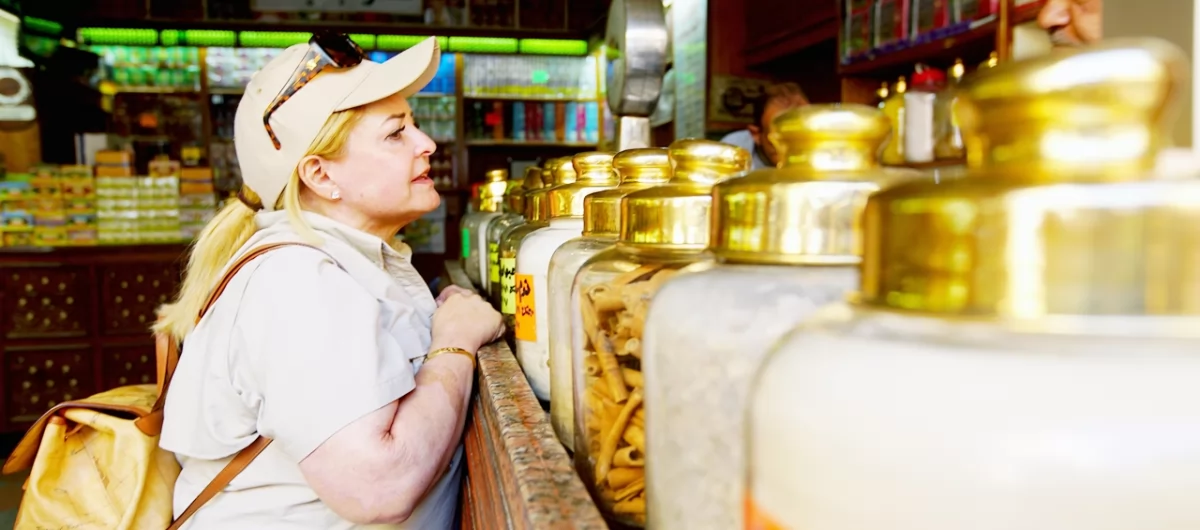
When visiting the Khan el-Khalili bazaar, it's important to dress and act with cultural sensitivity while also staying comfortable in the local climate. Here are some tips on how to conduct yourself and what to wear:
Respect the local culture
Be mindful of Islamic customs and traditions. Dress modestly and avoid showing too much skin.
Greet people politely
A simple "Salam Alaikum" (peace be upon you) is a courteous way to greet locals.
Negotiate respectfully
Bargaining is common in bazaars, but do it with a smile and in good spirits. Remember that haggling is part of the experience, but don't push too hard.
Attire
Wear loose-fitting, modest clothing that covers your shoulders, chest, and knees. Long pants or skirts are a good choice.
Comfortable footwear
The bazaar's streets can be uneven, so wear comfortable shoes for walking.
Head covering (for women)
Consider carrying a scarf to cover your head when entering religious sites or in case you want to show respect in certain situations.
Take your time to explore the bazaar, interact with locals, and savor the sights, sounds, and smells of Cairo's greatest markets. Don't forget to take Khan el-Khalili photos.
By following these tips, you'll be able to blend in more easily with the local culture and ensure a respectful and enjoyable experience on your Cairo Bazaar tour.
What People Have to Say About Our el-Khalili Bazaar Tours in Cairo

The Medieval atmosphere of this Old Cairo Bazaar, together with the labyrinth layout of the streets, centuries-old mosques, monuments, and buildings gives our guests a lot of pleasure and a glimpse into what medieval markets once were like. Here are some of their statements, where they talk about our Cairo Bazaar tour:
"It was a wonderful Cairo Bazaar tour. To just be immersed in the culture, everything was so rich to be a part of this. There are no words to describe this feeling. The smells, the people, the sites, the sounds, the colors. It was all very stimulating. This is something I'm gonna carry with me for the rest of my life."
TINA BAKER
"A wonderful cultural experience! Just walking through the market is fascinating; a great visual experience. Great for observing a segment of Egyptian society. The place to get the best price on Egyptian souvenirs."
SHIRLEY WILIAMS
Other Sites Nearby

While you're already at the Bazaar in Cairo, make sure to explore the surrounding area as well. This historic Egyptian market is a maze of narrow streets filled with shops selling souvenirs, jewelry, spices, and more. It's a great place to soak in the local atmosphere and pick up some unique items. Here are some sites and attractions near the Khan Khalili in Cairo, that visitors may find interesting:
Al-Muizz Street
Al-Muizz Street in the Islamic part of Cairo is one of the oldest streets in Cairo. It is named after Al-Mu'izz li-Din Allah, the fourth caliph of the Fatimid dynasty. It is approximately one kilometer long. In 1997, the Egyptian government carried out extensive renovations to historic buildings, pavements and sewage systems to transform the street into an "open-air museum". This street is home to the largest concentration of medieval treasures of Islamic architecture. Al-Muizz Street looks most beautiful in the evening, especially during Ramadan.
Al-Azhar Mosque
Located near the bazaar, Al-Azhar Mosque is one of the oldest mosques in Cairo and an important center of Islamic learning. Visitors can explore the mosque and its beautiful architecture, as well as the adjacent Al-Azhar Park, which offers great views of the city.
Salah El-Din Citadel
This historic fortress offers panoramic views of Cairo and houses several museums and historic buildings, including the Mosque of Muhammad Ali. It's a great place to learn more about Cairo's history and enjoy some stunning architecture.
Coptic Cairo
Explore the historic Coptic Christian quarter of Cairo, which is home to several ancient churches, including the Hanging Church and the Church of St. Sergius. This area offers a glimpse into Egypt's Christian heritage and is a peaceful retreat from the bustling city.
Nile River Cruise
Take a cruise along the Nile River to see Cairo from a different perspective. Many cruises offer dinner and entertainment on board, making it a relaxing way to spend an evening in the city.
These are just a few of the many attractions near the el-Khalili Bazaar that visitors can explore to make the most of their time in the Cairo region.
